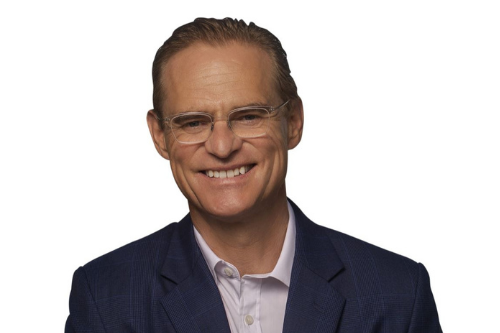

In the COVID-19 pandemic, Australia and New Zealand can both be considered the lucky countries. We counted signifi cantly fewer COVID-19 infections and deaths than other nations. A recent analysis by the Lowy Institute in Sydney confi rmed that our region is among the most successful in containing the virus. Whilst New Zealand tops the list globally, Australia also made it into the top 10, next to Vietnam, Taiwan, Thailand, Rwanda and Iceland.
As island nations, New Zealand and Australia were able to close borders to inter-national travellers early on and establish a quarantine system for returnees. New Zealand managed to eradicate the disease in the community, thanks to a tough seven-week-long lockdown. Australia also locked the country down, noticeably with fewer and less severe restrictions.
In the end, both countries achieved elim-ination, although our good fortune here was interrupted by Melbourne’s major COVID-19 outbreak, hampering Australia’s recovery. Since then, single cases or clusters in the community that slipped through quaran-tine have been contained via a strong contact tracing system and snap lockdowns.
Looking at the enviable life we lead again – visiting food venues, art exhibitions, the theatre and even sports events – I started to question why Europe, and particularly my home country of Germany, have not achieved the same. At the same time, I noticed that the German press were looking to Australia and New Zealand as examples. The “zero-COVID strategy”, as they dubbed it, became a desir-able option, and scientists, commentators and parts of the public demanded a strengthening of lockdown restrictions, which reduced daily infections but has not yet made a signifi cant impact on death numbers, which still range in the hundreds in Germany every day.
By studying experts’ opinions, I’ve learnt that we are indeed lucky. Catherine Bennett, an epidemiologist at Deakin University in Geelong, explained in an interview in The Age that autumn and winter in Europe created more favourable conditions for COVID-19, and a lack of sunlight also meant the virus could survive longer on surfaces. William Rawlinson, a virologist from the University of NSW in Sydney, told the German paper Die Welt that the “large number of border crossings” in Europe made the Australian and New Zealand strategy (closed border plus quarantine) basi-cally impossible there.
Rawlinson also commented on the “very long history” of “open and transparent societies”, explaining that this made a strict lock-down and quarantine much harder to accept in Europe. The introduction of QR codes, for example, is unthinkable for many Europeans, who have experienced suppressive regimes before. “If this was implemented here in Europe, it would remind me of the communism that I grew up in when I lived in Hungary,” an old friend told me when I counted out the measures that work for our region.
However, in my opinion, there’s another aspect that sets us apart, and it’s the one I am most proud of: Australian mateship. In the past months, I have witnessed countless acts where people sprang into action to help neigh-bours, looked after the elderly, took in and provided support to stranded backpackers, and supported struggling local businesses.
Although experiencing certain hurdles ourselves due to the disruption of the global supply chain, the HDI Global SE team has so far coped extremely well, and I attribute this to our embracing of the true spirit of mate-ship.
By distributing UberEats vouchers, booking cooking sessions and cocktail-making classes, and hiring magicians and musicians for virtual shows, we not only supported the community and hard-hit industries, but also helped raise our own spirits and those of our sta , broker partners and clients.
As a result, I can truly say that I have never felt more engaged in this community. The popular saying “She’ll be right, mate” has really hit home.
Stefan Feldmann is the managing director and regional head for ASEAN and Australasia at industrial insurer HDI Global SE. He joined the company in 2010 and has considerably expanded its business engagement in the region.and regional head for ASEAN and Australasia at industrial insurer HDI Global SE. He joined the company in 2010 and has considerably expanded its business engagement in the region.
